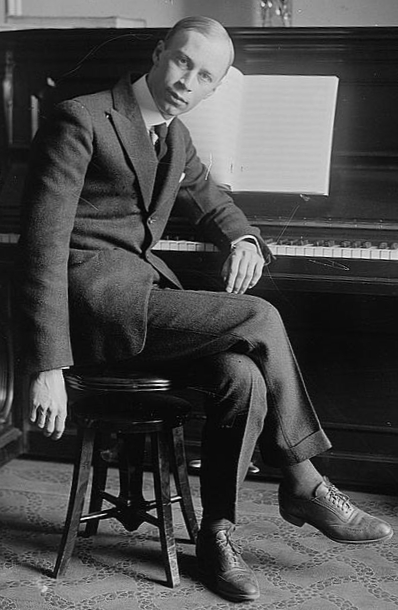|
“If you don’t know what to do, write crap.”
– Steven Mackey “If you don’t know what to do, write something stupid.” – James Mobberley “Don’t try to create and analyze at the same time. They’re different processes.” – Sister Corita Kent When I got to college, I found myself in awe. I was blown away by the quality of the musicians and composers in the environment that I suddenly found myself in. Though it was inspiring, like many, I also experienced some form of self-doubt when I looked at myself in this environment. In my third semester, this doubt grew to such an extent that I had a feeling of complete creative paralysis. Composition was exceedingly difficult; I would compulsively nit-pick and over-think. I could only get very little done, and I was routinely disappointed in the music I created. My way of breaking out from this place came, unusually, in the form of a music theory paper. I had allotted too little time to write it, and my only chance of finishing it was to complete an entire rough draft without any editing and then revise it. The process was absolutely liberating. The time constraint had forced me to write with less judgment, no expectations, and let my ideas exist before I tampered with them. I could see the larger picture of what I was trying to create without the distractions of its microscopic details. What I really learned is that I need place to start. You can’t do anything until you have something! When I used this process in composition, I allowed myself to write what felt like really, really, awful drafts in order to get to some good pieces. Recently, I’ve tried not to associate “good” or “bad” with my drafts and just let them be. (Not sure I’m successful yet, but things take time.) I like to explain my process using mining as an analogy. I begin with initial sketches and drafts (earth). As the piece progresses, gaining duration and structure, I constantly “dig” into the music, looking for its best qualities to use (desired minerals) and deciding what bits and pieces to leave behind (rubble). I’ve since come to use the process all the time, even in writing this very blog! It would be foolish of me to suggest that this process is effortless and smooth. Like any human, I am creating by stumbling along the way. In writing a piece, I feel there are so many questions to answer for myself and the accruing amount of rough drafts can feel overwhelming. (So much paper!) I frequently have to recycle my oldest drafts before printing or writing new ones. What this process has really allowed me to do, is gradually develop a way to create that feels more free and natural to me. Still, I have a lot to work on. I find myself wanting to spend more time visualizing a piece before working on it, so my larger ides are really set in place before beginning the first draft. |
Archives
July 2023
|
